|
A tone poem that is sure to beguile as much as it resonates, Basma Alshariff's Ouroboros is perhaps best described as a densely layered evocation on the past and present of Palestine, a film which is brooding with emotions as a filmmaker desperately attempts to express his internal turmoil through this visual medium. A portrait of the disenfranchised, Ouroboros is a film which often lingers between hopelessness and fortitude, presenting an environment in which liberty and freedom for Palestine and its people is a fleeting concept, worn down by the sands of time which have offered little promise for change. There is no freedom of movement, no choice for the youth, they are condemned to this place, entrapped, yet there still lies hope, despite living in an environment in which justice never comes. While the film is brooding with stagnation and pain, it's important to note that Ouroboros doesn't linger in despair but looks to the vast beauty of life as inspiration for the fight. Even in this place where the people's agency is restricted, Ourobros showcases the idyllic promise of romance, the intellectual stimulation of art and literature, as well as the visceral exuberance of sport, all aspects which invigorate the human condition; things which can't merely be taken through restrictive policies, violence, and/or oppression. Stylistically, Ouroboros juxtaposes the natural beauty of the region with the man-made dread, presenting many sequences in reverse order, as if to visually expressing the stagnation and lack of progress for the Palestine people over the years. Visually expressing the introspective nature of the filmmaker through it's brazen cinematic language, Ouroboros provides an impressionistic lens into the psyche of a filmmaker, exhibiting a plea for progress in the region in which he calls home.
0 Comments
Featuring a visual aesthetic bursting with creativity and its own unique vision, Nelson Carlo de Los Santos Arias' Cocote is a murky tale, in which emotionally-driven penchant for revenge clashes with religious fanaticism, two forces equally driven by powers greater than the individual alone. Set in the Dominican Republic, Cocote follows the story of an Evangelical Christian man, who after learning of his father's murder, quickly discovers his new lifestyle violently clashing with his old, one in which religious rites and the familial desire for justice at any cost are paramount. Featuring an overall message that remains elusive from start-to-finish, Cocote plays in these murky waters, painting a picture of a harsh environment in the Dominican Republic where justice is a fleeting concept, held tightly by those who hold the power. Our central protagonist is a man who places all of his faith in his beliefs, unwilling to stray in anyway despite his family viewing him as a coward, and one who is unwilling to seek justice for the dogmatic murder of his father. The filmmakers of Cocote aren't overly assured in the themes this film explores, and while it may feel very subjective at the beginning about the absurdity of religious fanaticism, the film's conclusion blurs the filmmakers subjective bias considerably. Juxtaposing the rite rituals with those of Christianity, Cocote examines how both are rooted in the same place- vessels for humanity's desire to find meaning or purpose in life. His sisters derive their purpose in familial honor and justice, while our main protagonist derives his from his faith. These two forces conflict with each other when it comes to the moral implications involved in regards to justice vs. vengeance, yet Cocote exists in an unjust environment, where the powerful control the gears of justice. This is a place where self-determination must be seized at every opportunity, and our main protagonist eventually accepts that in a place with such corruption, justice won't always be morally clean. Throughout Cocote's running time we see how an individual's self-will or self-determination are in conflict with religion and familial ties, as we see an individual sacrifice his moral code and betray his religious beliefs for the sake of his family. Bringing a playful, mischievous aesthetic that implores compositions and designs that subvert narrative expectations throughout, Nelson Carlo de Los Santos Arias' Cocote is a strange brew of the conflict that exists between self-determination and religious fundamentalism, morality, justice, and vengeance.
A pensive character study deconstructing the profound effects which the approaching stench of death can have on the living, Ninomiya Ryutaro's Sweating the Small Stuff is centered around a character whom has found himself at a crossroads, being emotionally and intellectually challenged by the illness of a loved one. Featuring a main protagonist who abandoned his larger artistic ambitions many years ago for the simplicity of a blue-collar lifestyle, Ryutaro is a man who now begins to question his way of life, the existential nature of death bringing into question his vapid, debaucherous lifestyle. Reliant on a quietly meditative performance, Sweating the Small Stuff is pensive and intricate, where much of what told to the viewer throughout the course of film's running time is illustrated through performance and visual acumen. We are witnesses to a character full of internal struggle, and while the film offers up no cut and dry conclusions, it suggests that Ryutaro is awakened from his complacent, lackadaisical existence due to the threat of death associated with someone he cares about. In seeing the impending death of a loved one, he is a character who is forced to reevaluate his position in life, with Sweating the Small Stuff being a journey in which we watch this character stumble and stew, struggling to deal with heavy issues he long tried to avoid by choosing such a vapid, superficial existence.. A prudent character study about stagnation and personal growth, Sweating the Small Stuff exhibits how tragedy itself can often lead to triumph, with our main protagonist being a character who begins to show signs of recommitting to a life about more than just himself, due in large part to the existential dread associated with he eternal loss of a loved one.
A stunning artistic achievement that is ambitious, dense, and structurally bold, Narimane Mari's Les Forts Des Fous is a documentary that defiantly refuses to adhere to traditional formalism, blending reenactment, narrative, and interview footage into a powerful meditation on humanity and civilization. Through the lens of French colonialism, and the lasting impact its oppressive effects have had on the region, Les Forts Des Fous is a mature reflection on power, authority, and liberty, a film which questions the current state of modern society and the intrinsic flaws of mankind. Managing to be surreal, impressionistic, and grounded all at once, Les Forts Des Fous is an evocation on colonialism, showcasing how oppression is often achieved under the deceitful veil of progress. It's a film that recognizes that much of the conflict, violence, and oppression plaguing mankind comes from our own intrinsic fear of that which is different, with the film beautifully juxtaposing the crimes of colonialism against the larger sociological flaws of mankind itself. The oppressive nature of authority and control, how these various power structures elicit conflict in society due to the privileges which they grant is exhibited through the perpetual nature of political violence and conflict, and Narimane Mari's ambiguous feature encapsulates this in a bold formalism, one that is both transcendent and meditative about the contorted relationship between the human condition and political power.
A nuanced familial drama void of didactic exposition and conventional narrative-based formalism, Ilian Metev's 3/4 is a quietly profound portrait of family, one in which much of what is said is done with a visual aesthetic that uses composition, staging, and mise-en-scene to evoke the internal struggles of the various characters in this story. Deconstructing the various dynamics of a family that has quietly found itself at a crossroads, 3/4 presents an organic study of the rhythms of life, where individual pursuits, existential concerns, and various forms of longing all intersect under the intrinsically shared communal experience of family. Through its slice-of-life formalism, 3/4 slowly reveals a family struggling to strike the right balance, with the narrative being driven heavily by a daughter with a bright future, whose internal fear of failure manifests itself in part due to neglect from a father wrapped up in his own scientific pursuits. 3/4 is a story that is honest about the conflict yet communal nature of individualistic pursuits in a familial setting, being a story as much about communication as it is about internal alienation, dissecting these characters whom unbeknownst to them, share many of the same internal struggles but can't find the right words to express it. 3/4 evokes the quiet sense of self-doubt and alienation which comes from within, taking on a subjective visual lens, using tight framing and mise-en-scene to encapsulate the internal fears of Mila, a daughter who lacks the confidence due to a lack of nurturing by her paternal figure. All of these characters have similar traits, yet they each have their own rhythm to how the live their life, and in these rich characterizations Ilan Metev crafts one of the more singular family drams in recent memory, one that resonates in its simplicity. There is something so simplistically profound about Ilian Metev's 3/4, a film that cuts through the melodramatic noise often associated with films about familial conflict, presenting a piercing study of family through an existential lens.
Featuring playful formalism, quirky sensibilities, and a creative visual aesthetic, Wes Anderson's Isle of Dogs offers the same heartfelt playfulness one has come to expect from the accomplished contemporary filmmaker, yet, behind this whimsical veneer hides a troubling exploitative core, as Anderson's latest film never comes close to justifying its Japanese setting, being a film that cheaply exploits this rich culture in a way that is misguided at its best, and downright derogatory at its worst. The problem with Isle of Dogs isn't cultural appropriation, as many Westerners are surely going to decry the film for-which is misguided in its own right, given that Japanese culture itself is derived in many ways by its cultivation of other cultures. No, the problem with Isle of Dogs is the film's unwillingness to give this culture its own voice, using it only for cheap comedic gains, serving only the purpose of building Anderson's quirky comedic sensibilities. In Isle of Dogs, Japanese culture is considered outre, used as merely a setting, with the film never coming close to justifying why it is set in Japan in the first place. Perhaps the film's worst aspect is how it literally doesn't give any Japanese character a voice, with the most heinous example being the treatment of the foreign exchange student, a blond haired American student who drives the pro-dog movement and is major force in solving the problems of the story. Anderson's intentions are harmless, no question, but the way Isle of Dogs never justifies its setting, nor gives the culture itself a voice at all in the scope of the story is troubling; one which makes this touching tale about boy and dog, friendship and love, a hard pill to swallow at times.
Bringing one of nerd cultures' most celebrated novels to the big screen, Steven Spielberg's Ready Player One is biting critique of pop culture, celebrity cultism, and general escapism, a film which finds the iconic filmmaker come face-to-face with his own cinematic transgressions as he delivers a film about the importance of "real world" problems. A story intrinsically draped in nostalgia, Ready Player One is a film that feels at odds with itself throughout the course of its running time. Ready Player One romanticizes the larger-than-life, grandiose cinematic escapism which Spielberg made a career on, recognizing the significance and importance such designs can have on society yet it also is unabashedly critical of the internal shallowness which so often manifests itself in such designs, offering up a biting critique of our self-absorbed culture in which personal achievements and shallow escapism often distract from the communal problems plaguing humanity and society as a whole. Ready Player One is a plea for more attention being paid to "the common good", and while I personally don't subscribe to such mythology about "the common good", it is admirable to see a filmmaker such as Spielberg self-critique a culture he had a large part in creating. Ready Player One suffers from many of the same problems plaguing blockbusters of its ilk, namely a running time that overstays its welcome, yet it manages to at least be self-aware in its attempt to balance both its social-thematic assertions with its more vapid thrills and escapism, being a film which largely satisfies on both levels. A celebration and critique of pop culture, Steven Spielberg's Ready Player One is a flawed yet engaging piece of blockbuster filmmaking which manages to be reflective in its deconstruction of how escapism by-definition, often distracts an individual and society itself from what really matters in life.
|
AuthorLove of all things cinema brought me here. Archives
June 2023
|
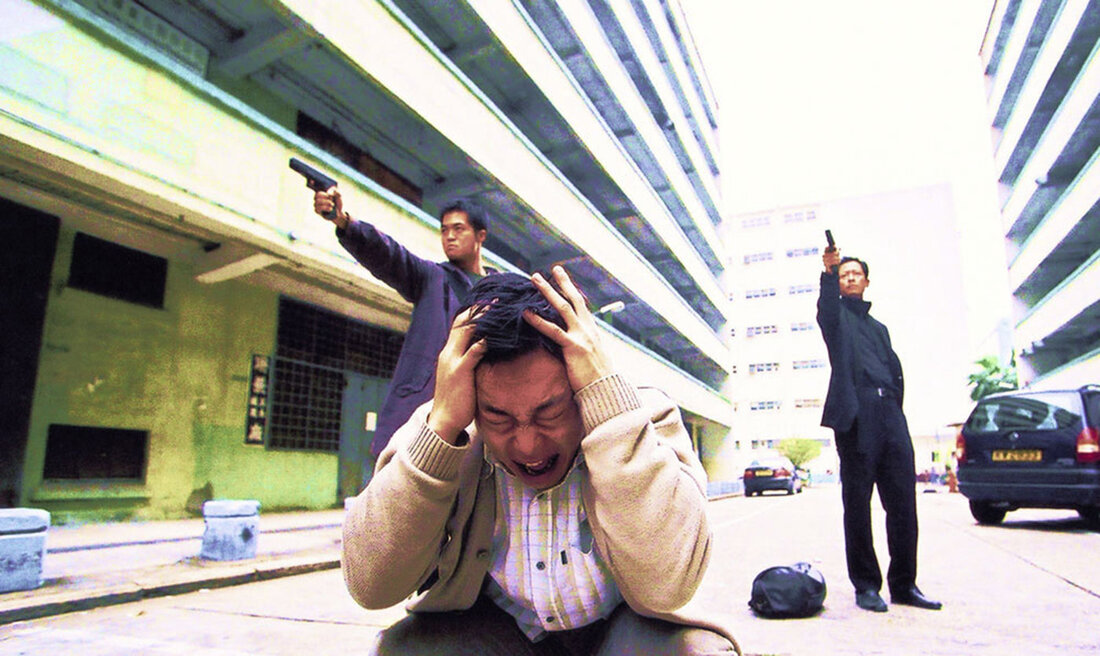
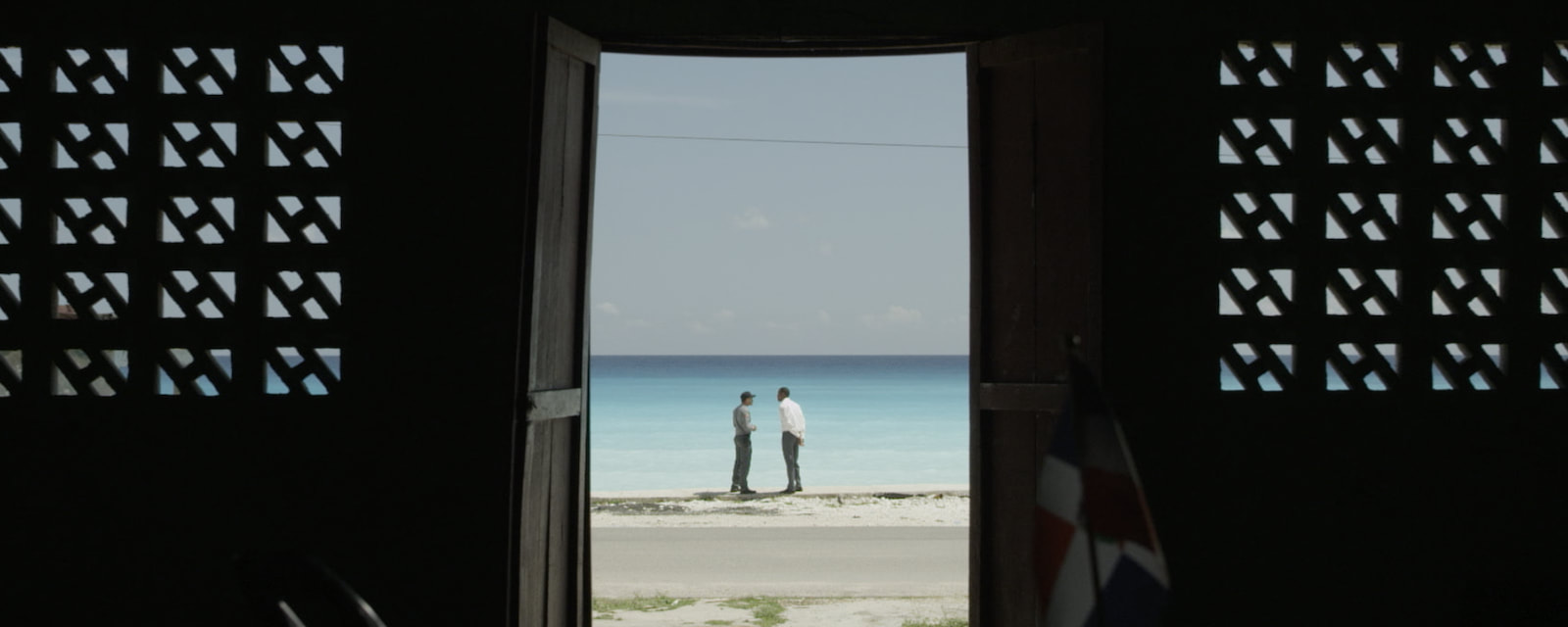
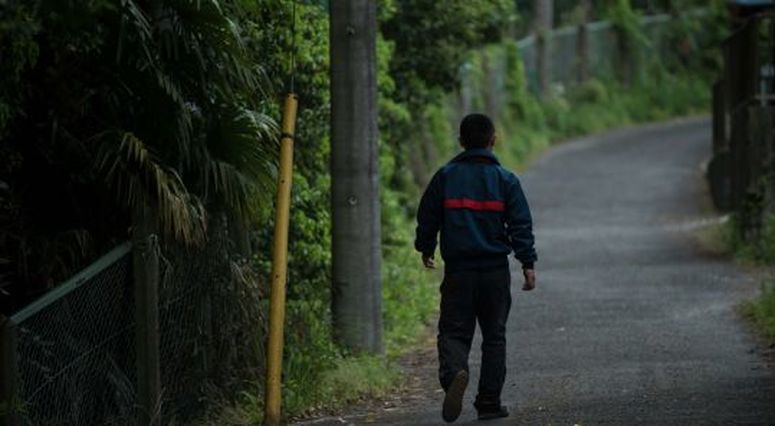
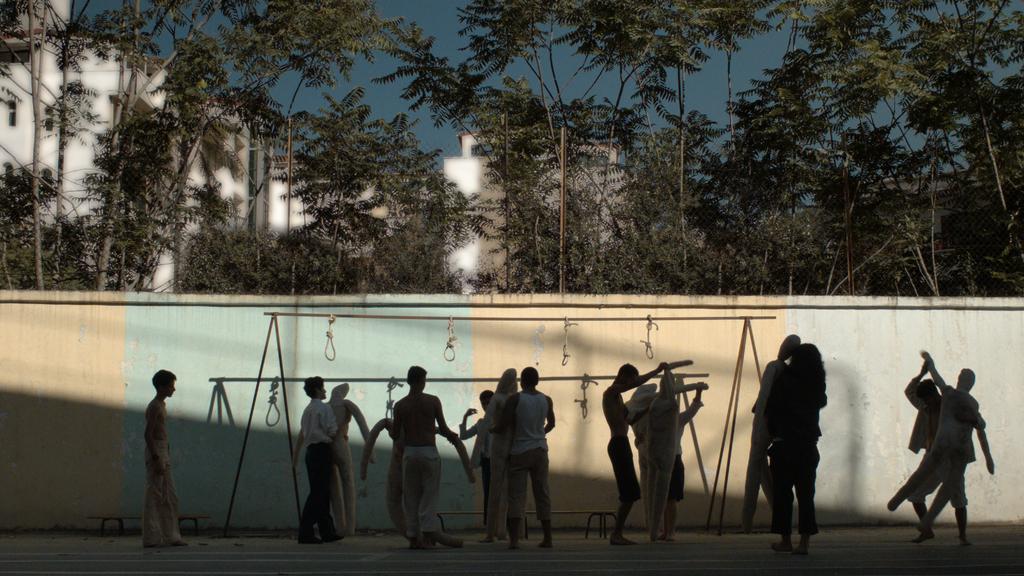
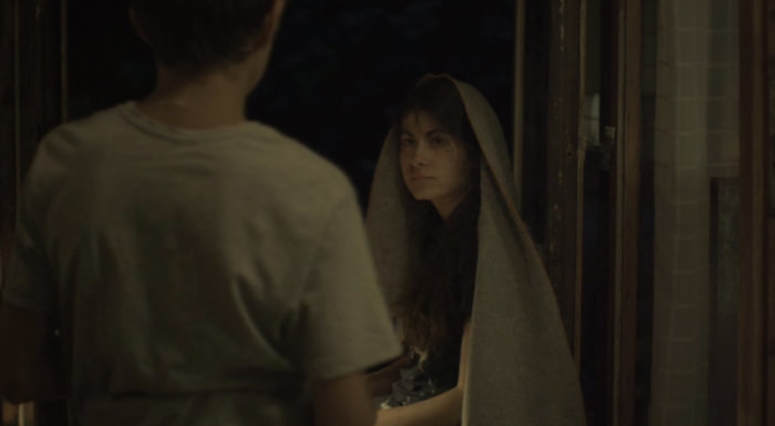
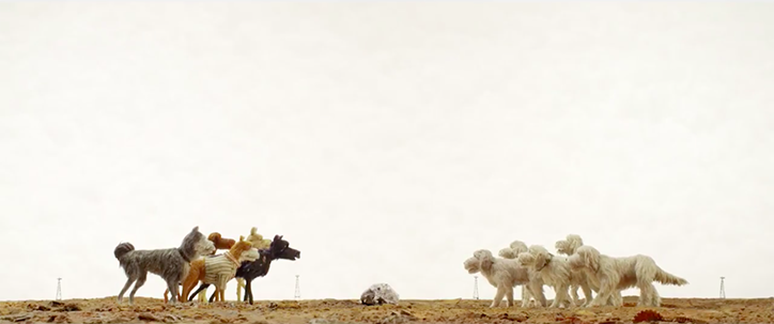
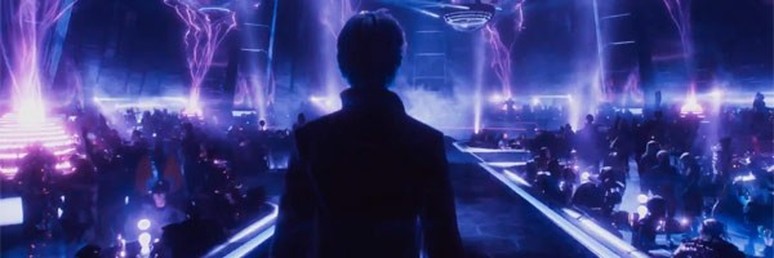
 RSS Feed
RSS Feed
